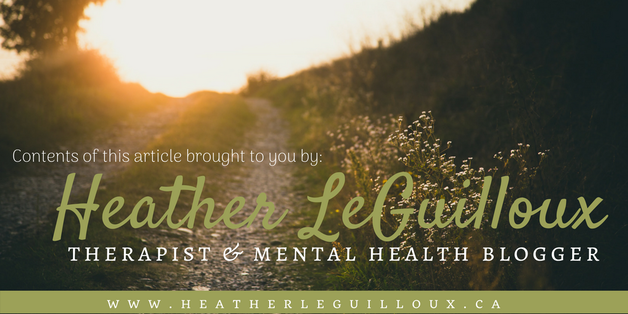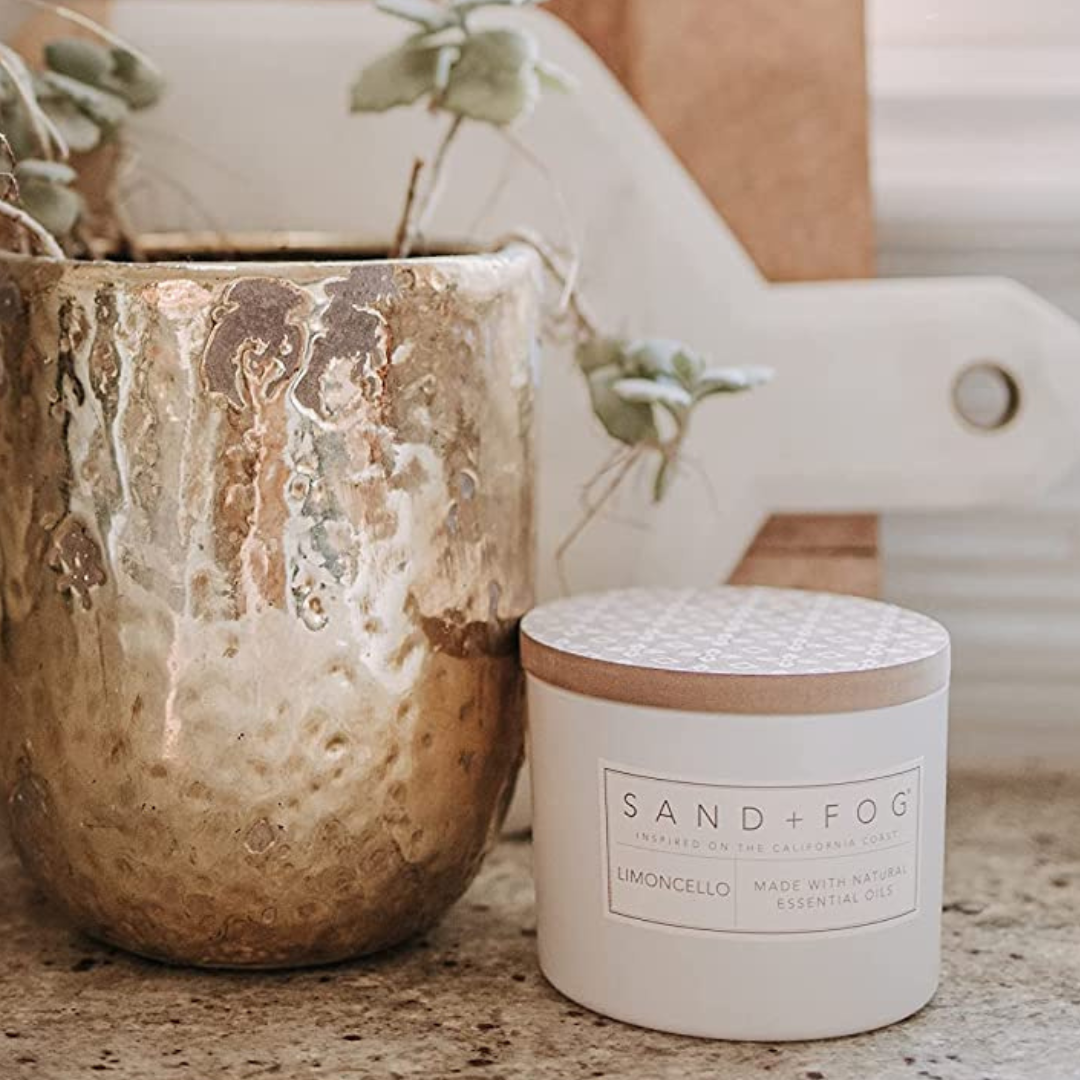|
|Post-Traumatic Stress Disorder (PTSD) is a mental health condition that develops following exposure to a traumatic event. It can cause a variety of symptoms, including flashbacks, severe anxiety, and uncontrollable thoughts about the event. The effects of PTSD extend beyond the individual to impact relationships with partners, family members, and friends. Understanding how PTSD affects interpersonal dynamics and exploring strategies for managing its impact is crucial if you are living with PTSD. Read on to learn how PTSD can impact relationships and what you can do about it. Please note: This collaborative article does not contain healthcare, therapeutic or financial advice. If you are concerned about your health or well-being, speak with a health professional or visit your nearest medical facility in an emergency. The links in this article may be affiliate links that I will be compensated for at no additional cost to you. Impact of PTSD on Relationships Post-Traumatic Stress Disorder (PTSD) can significantly impact relationships, creating barriers to intimacy, communication, and trust. If you have PTSD, navigating these challenges is crucial. Understanding and addressing the effects of PTSD on relationships is critical to fostering resilience and maintaining strong, supportive bonds in the face of this often debilitating condition. Here’s the impact of PTSD on relationships: Emotional Distance and Isolation If you have PTSD, you may struggle with intense emotions, which can lead to withdrawal from social interactions and emotional intimacy. The feeling of being misunderstood or the fear of exposing loved ones to your trauma can further isolate you. This emotional distance can be confusing and hurtful to partners and family members, often leading to a cycle of isolation that exacerbates relationship tensions. Communication Challenges Communication is often one of the first casualties in relationships affected by PTSD. You may have difficulty expressing your feelings clearly or may avoid talking about your trauma altogether. This can leave your partner feeling shut out, leading to misunderstandings and resentment. The unpredictability of mood swings associated with PTSD can also lead to conflicts and emotional volatility in interactions. Impact on Physical Intimacy PTSD can significantly affect physical intimacy and sexual relationships. Trauma-related stress and anxiety can decrease interest in sexual activity and intimacy. Additionally, trauma reminders or flashbacks during intimate moments can make physical closeness distressing rather than comforting. This can strain a relationship, leaving both parties feeling unfulfilled and disconnected. Strategies for Managing PTSD in Relationships Managing PTSD within relationships requires a thoughtful approach that includes professional support, open communication, and a commitment to mutual understanding. By implementing effective strategies, you and your partner can enhance your ability to cope with the disorder's challenges. This proactive engagement can help mitigate the impact of PTSD on personal interactions and strengthen the foundation of trust and empathy between partners. Below are some strategies for managing PTSD in relationships: Professional Support Engaging with mental health professionals is a critical step in managing PTSD. Therapeutic approaches such as cognitive-behavioral therapy (CBT) and eye movement desensitization and reprocessing (EMDR) have proven effective in treating PTSD. However, if you’re a woman seeking specialized care, the PTSD treatment for women can provide comprehensive options tailored to address the unique challenges faced by women with PTSD. Open Communication Open and honest communication is vital in relationships affected by PTSD. It involves creating a space where you and your partner feel safe to express your deepest fears, frustrations, and needs without the risk of judgment. Encouraging regular dialogue about personal feelings and shared concerns can significantly reduce misunderstandings and foster a stronger connection. Partners can benefit from setting aside dedicated time to discuss their thoughts and feelings, which helps them adjust to each other's emotional states. This kind of transparent communication is essential for managing expectations and reinforcing a supportive relationship framework, enabling both parties to navigate the complexities of PTSD together. Educating Yourself and Others A fundamental aspect of supporting a partner with PTSD is gaining a thorough understanding of the disorder. Partners and family members should educate themselves about PTSD’s triggers, symptoms, and impacts to comprehend better the challenges faced by their loved ones. Knowledge about PTSD can transform frustrations into empathy, making it easier to anticipate and respond to challenging situations appropriately. Resources such as books, support groups, and educational workshops can be invaluable. This education can help develop patience and compassion and equip family members with the tools to provide effective support and maintain a nurturing environment. Establishing Safety and Trust If you have PTSD, feeling safe and trusted in your relationship is crucial for healing and emotional openness. Establishing this environment requires consistent and reliable behavior from all parties, respecting each other's boundaries, and engaging in mutual decision-making. Trust is built when actions are predictable, and promises are kept, creating a secure base for you to confront and process your trauma. Regular reassurances of safety and displays of understanding can significantly alleviate the fear of vulnerability, allowing you to share your experiences and emotions more freely. Couples Therapy Couples therapy offers a structured approach to addressing the relational difficulties posed by PTSD. Through therapy, couples can learn effective coping mechanisms to deal with stress and triggers associated with PTSD. A therapist can facilitate better communication strategies, helping both partners to express their needs and concerns more clearly and empathetically. Moreover, couples therapy can address specific issues such as intimacy, trust, and co-dependency, which are often affected by trauma. Engaging in couples therapy can provide a neutral space to explore these sensitive topics, promoting healing and understanding within the relationship and helping partners navigate the recovery journey together. Conclusion PTSD can profoundly impact relationships, affecting communication, emotional intimacy, and physical closeness. However, with the right strategies and support, you and your loved ones can manage these challenges effectively. Professional treatment, open communication, and mutual understanding are vital components in nurturing and sustaining healthy relationships in the face of PTSD. By addressing the complexities of PTSD together, you can forge stronger bonds and work towards a more supportive and understanding partnership. Related: 4 Practical Ways To Improve Your Mental Wellbeing The links in this article may be affiliate links that I will be compensated for at no additional cost to you. Want to start your own blog? Click here to visit the store!
Comments are closed.
|
Welcome to the blog!↓ That's me, Heather. :)
MENTAL HEALTH RESOURCE VAULTGreat!Check your email for instructions on how to access the Mental Health Resource Vault. Categories
All
Popular Posts// 25 Positive Mindset Quotes
// Self-Care Bullet Journal Spreads // 7 Ways Your Physical Health is Connected to Your Mental Health |




 RSS Feed
RSS Feed
















